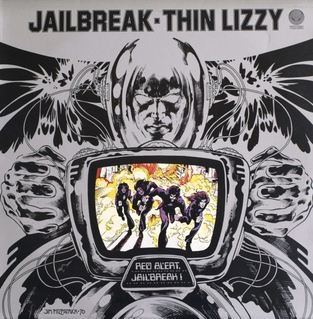 Image via Wikipedia
Image via WikipediaI bring it up because: A federal judge ruled this week that jailbreaking is legal. Specifically, circumventing DRM is legal, so long as that circumvention doesn't then lead to actual illegal activity. Thus, you can break the DRM on your DVDs in order to make backup copies of your movies or convert them to run on incompatible devices you legally own. You can't break the DRM and then use your newfound powers to produce and sell discount copies of your film collection. This ruling now makes it legal to jailbreak devices so long as you don't then use those devices for illegal purposes. Apple, as you might expect, wasn't happy about the ruling and reminds you that jailbreaking still voids your iPhone warranty. Techcrunch thus asks if we're about to see jailbreaking go mainstream, but then answers its own question -- by way of a Harvard Law professor -- that while jailbreaking is now legal, providing jailbreaking software may not be. There's been no firm ruling on what happens to jailbreak developers, but you can bet that's who Apple and friends go after next.
